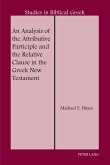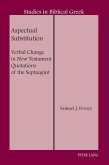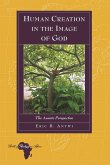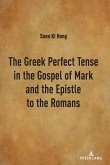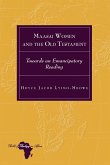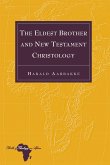Presupposition and [E]motion examines the modal semantics of presupposition in the New Testament. It argues that presupposition is the imaginative or mental exercise done by the reader or hearer to reflect, complement, or react among other features to what is being said. The book contends that the two major categories of mood, epistemic (+ assertion [Realis]) and deontic (-assertion [Irrealis]), must be seen in opposition to each other, and both together must be seen in opposition to the participle as well as to the infinitive. Ultimately, the book suggests, the importance of differentiating semantics from pragmatics, at the same time combining them within a specific context, is the key to understand the pragmatic effect of the upgraded participle.
"Presupposition and [E]motion: The Upgraded Function and the Semantics of the Participle in the New Testament by Roque N. Albuquerque invites us to a fascinating reflection about the participle. An old Greek professor once said that the participle is named as such for participation of grammatical classes, both the verb and the adjective, now with the proposal of Professor Albuquerque, we could complete that statement saying that the denomination of the participle is also to promote the participation of the reader/listener in the author's discourse."-Ana Maria César Pompeu, Classical Studies and Greek Language Scholar, Associate Professor, Federal University of Ceará, Brazil

![Presupposition and [E]motion - Albuquerque, Roque N. Presupposition and [E]motion - Albuquerque, Roque N.](https://bilder.buecher.de/produkte/58/58443/58443275n.jpg)
